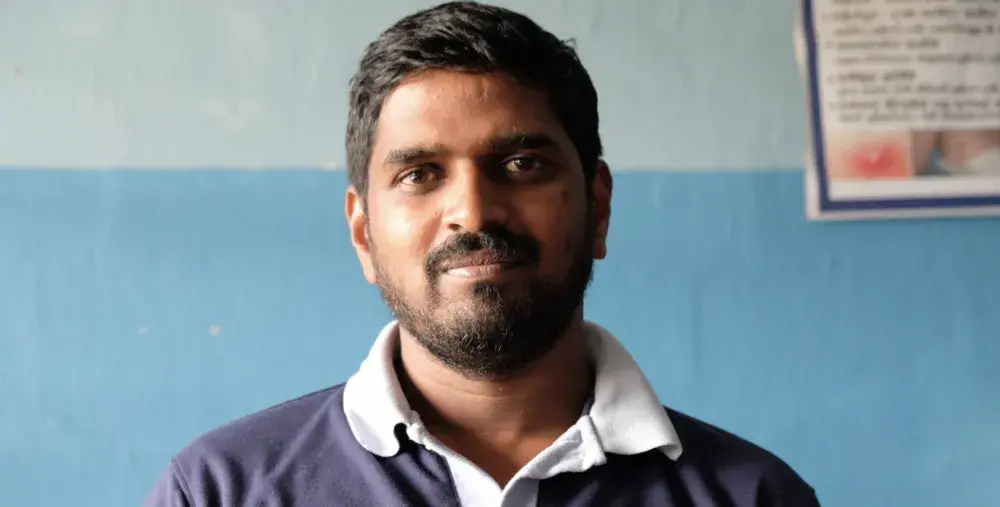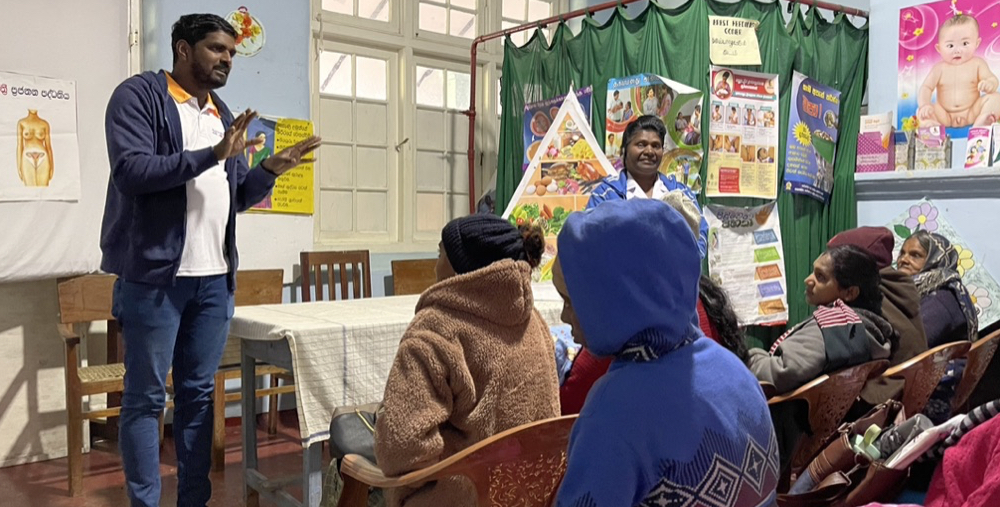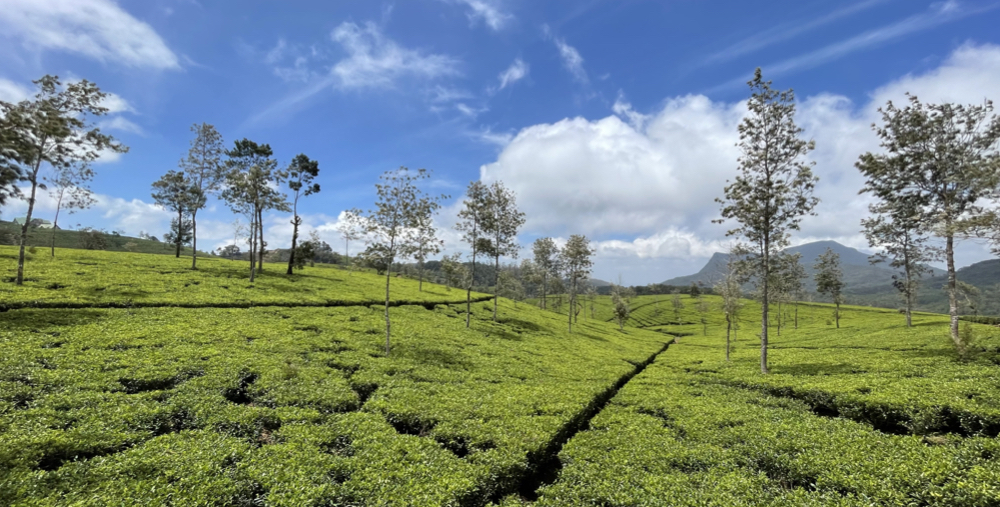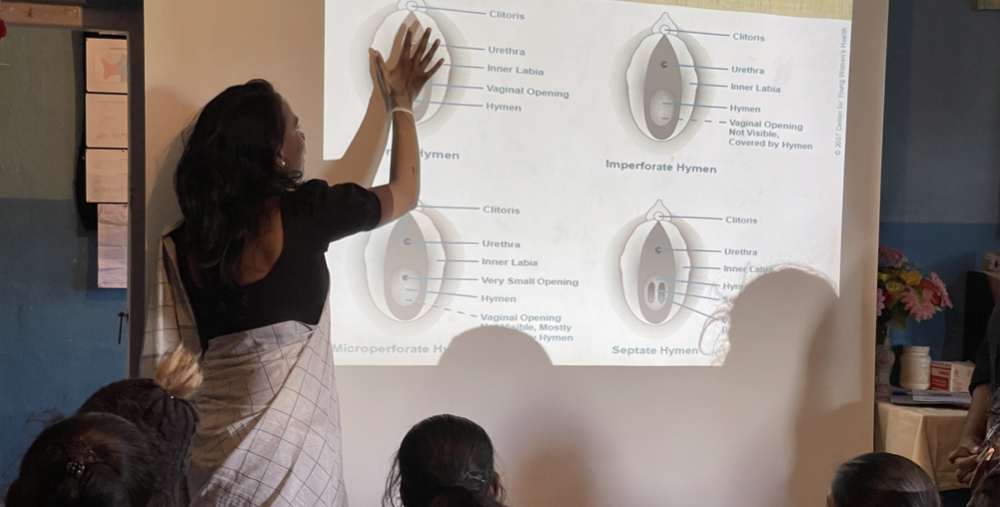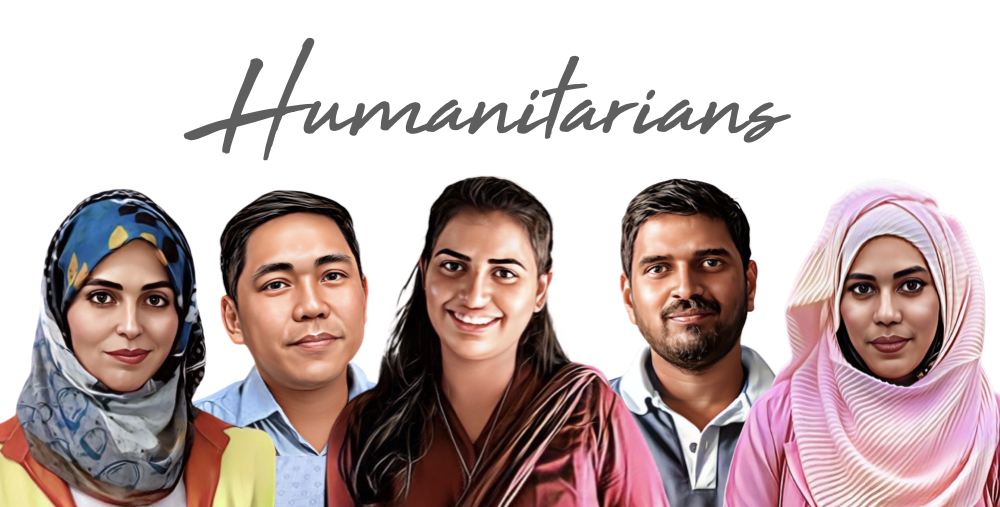Profile: Shivakumar, Humanitarian from Sri Lanka
“Economic issues have affected women’s health”
Shivakumar works with the Family Planning Association Sri Lanka (FPASL) in Nuwara Eliya in central Sri Lanka. For the last twelve years, he has been delivering sexual and reproductive health services to the women and girls working on tea plantations. The mountainous district covers a huge area where bad weather and dangerous roads make the mobile health clinics he leads extremely challenging. As part of UNFPA’s humanitarian response to the ongoing economic crisis, Shiva and his team at FPASL have been increasing the mobile health workshops they deliver as the needs of women and girls are even more urgent in the ongoing crisis.
“With the economic crisis after COVID-19, the prices of the goods increased and marginalized groups in communities where I work were just unable to handle it,” says Shiva. “We know many families that have only one meal a day. We saw how their lives changed after COVID-19; economic issues have affected their health.”
Shiva says most women, especially pregnant mothers “have serious malnutrition. People face issues in their lives and they do not have enough money for healthy food.”
|
|
|
|
|
The Family Planning Association Sri Lanka provides mobile outreach clinics by going to women and girls in their own communities. “We go to their door-step to provide the service. That is a big advantage for them,” he says. “Most women are unable to go somewhere else because it will cost them. Their main concern is just daily survival so health matters are not their priority.” As part of the humanitarian response to the economic crisis, they have conducted dozens of mobile health clinics and reached more than 2000 women with sessions on pregnancy and sexual and reproductive health.
"Their main concern is just daily survival so health matters are not their priority.”
Shiva says the most important issue his teams encounter in the tea plantations is teenage pregnancy. He believes it is connected to the attitudes towards reproductive health, which are different from other parts of Sri Lanka. “It is more difficult to obtain information from people in Nuwara Eliya. If you look at the environment the women and girls live in, most of them live in line-rooms.”
The workers' accommodation on tea plantations are basic and often lack adequate water or toilet facilities. “The tea plantation workers live in very small rooms. When girls talk about their personal lives, they tell us that they are facing many issues.”
The Family Planning Association Sri Lanka has programs for pregnant mothers, older people, and even sessions for children at school. They organize mobile health clinics offering HIV screening, and reproductive options like implanon and intrauterine devices. “Our most popular sessions are for adolescents. We speak to the girls and we provide services to people who live in different areas by visiting them where they are and hearing about their concerns. Their problems are different, so we have to modify our programs to provide the services they need most.”
Shiva says the living conditions on the plantations and the economic crisis have created circumstances where his team hears more about incidents of child abuse. “Because of the economic crisis many people have moved overseas as migrant workers. Women go as domestic workers and leave their children behind with parents or with someone else, where child abuse can take place.”
He says the majority of the population work on the tea plantations in Nuwara Eliya, but there are other parts of the community and the crisis has only made conditions more desperate across the board. “People are not only tea-pickers, there are people who work in the hotels and people in the tourist sector. After COVID-19 and the economic crisis, these businesses crashed and people struggled even more.”
"Sessions in a language they can understand is how we have been giving this community service for sexual and reproductive health for such a long time.”
Shiva says the district where he delivers outreach is different from other parts in Sri Lanka, especially ethnically and linguistically. “When working with women and girls here we see that their needs are unique. Sixty percent of people speak Tamil and just forty percent speak Sinhala.” In the rest of Sri Lanka, Sinhala is the most widely spoken language.
|
|
|
|
|
“When we work with them, language is so important. Sessions in a language they can understand is how we have been giving this community service for sexual and reproductive health for such a long time.”
Shiva says the crisis has brought out new issues in the communities he supports. “Young people do not have proper guidance and that is one reason for the higher numbers of HIV and sexually transmitted infections. Girls cannot get that sensitive information from their parents. We are working to change this situation.”
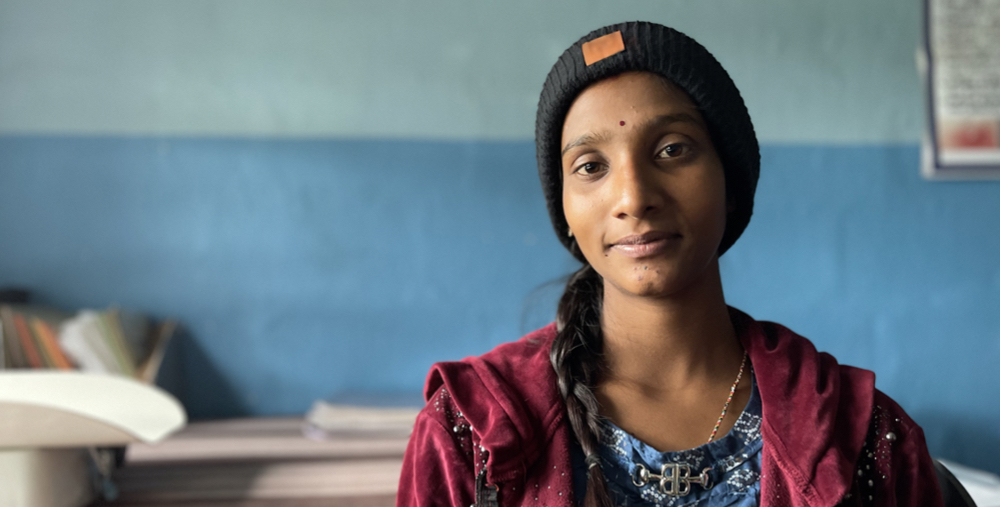
During conflicts, natural disasters and public health emergencies, sexual and reproductive health needs are often overlooked – with staggering consequences. Pregnant women risk life-threatening complications without access to delivery and emergency obstetric care services. Women and girls may lose access to family planning services, exposing them to unintended pregnancy in perilous conditions. Women and girls also become more vulnerable to sexual violence, exploitation and HIV infection.
This collection of stories celebrates some of the humanitarian heroes working in emergencies across Asia and the Pacific. READ MORE
Learn more

